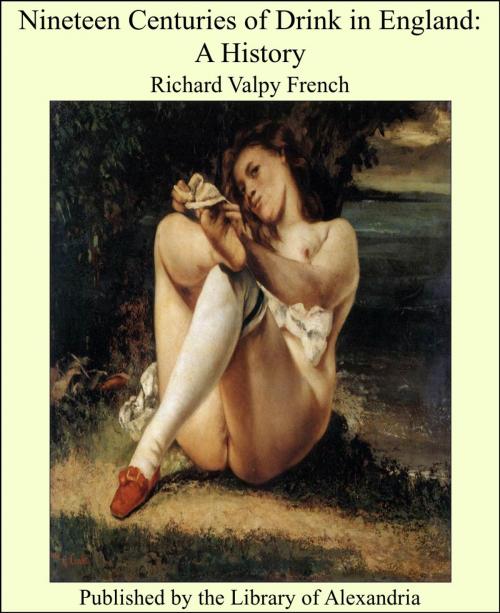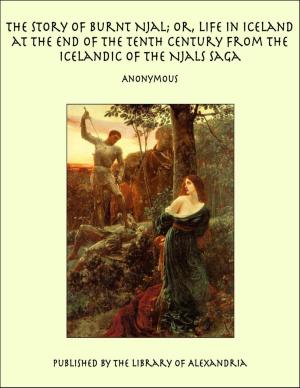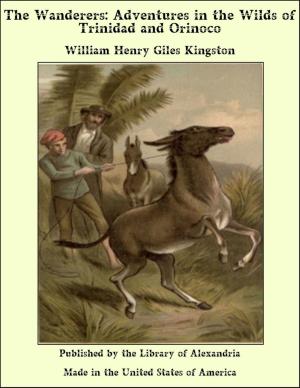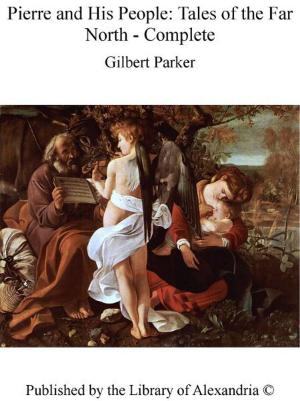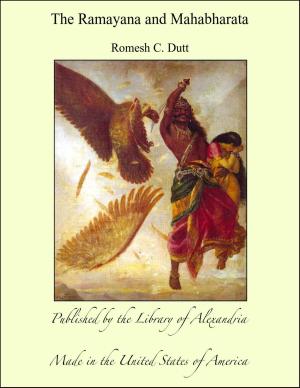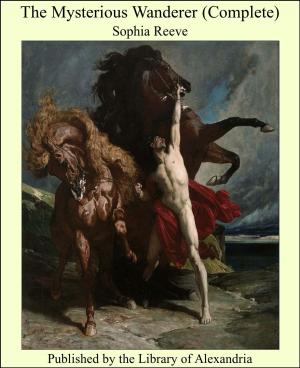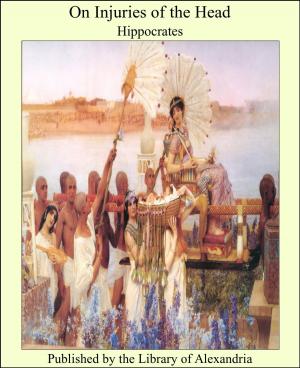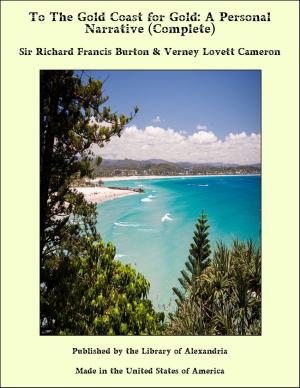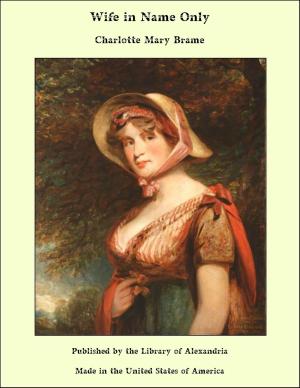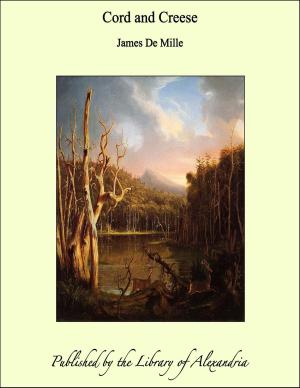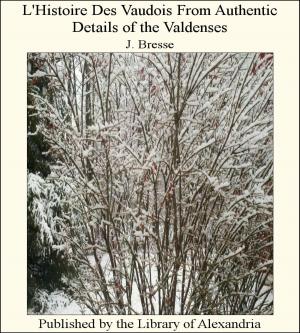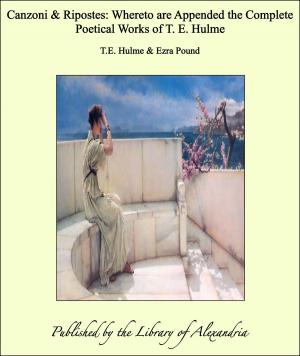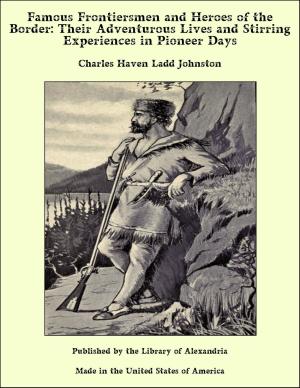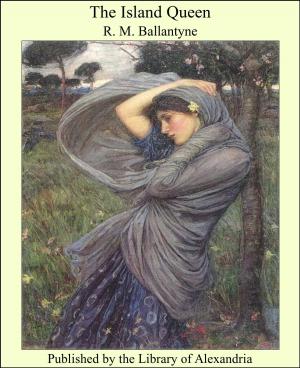Nineteen Centuries of Drink in England: A History
Nonfiction, Religion & Spirituality, New Age, History, Fiction & Literature| Author: | Richard Valpy French | ISBN: | 9781465533272 |
| Publisher: | Library of Alexandria | Publication: | March 8, 2015 |
| Imprint: | Language: | English |
| Author: | Richard Valpy French |
| ISBN: | 9781465533272 |
| Publisher: | Library of Alexandria |
| Publication: | March 8, 2015 |
| Imprint: | |
| Language: | English |
The object of this work is to ascertain the part which Drink has played in the individual and national life of the English people. To this end, an inquiry is instituted into the beverages which have been in use, the customs in connection with their use, the drinking vessels in vogue, the various efforts made to control or prohibit the use, sale, manufacture, or importation of strong drink, whether proceeding from Church, or State, or both: the connection of the drink traffic with the revenue, together with incidental notices of banquets, feasts, the pledging of healths, and Other relevant matter. It must interest every thoughtful being to know how our national life and national customs have come to oe what they are. They have not sprung up in a night like a mushroom. They have been forming for ages. Each N day has contributed something. The great river of social life, ever flowing onward to the ocean of eternity, has been constantly fed by the tributaries of necessity, appe- tite, fashion, fancy, vanity, caprice, and imitation. Man is a bundle of habits and customs. With some, it is true, life is mere routine, a round of conventionalities; literally ' one day telleth another;'with Others, each day is a reality, has its fresh plan, is a rational item in the account of life. To these nothing is without its meaning; there is a definiteness, a precision, about its hours of action, of thought, of diversion, of ministering to the bodily claims of sustenance by eating and drinking. Around the latter, social life has fear- fully encircled itself. The world was, and still is,— ' On hospitable thoughts intent.' The latter days are but a repetition of the former. ' As it was ... so shall it be also. They did eat, they drank
The object of this work is to ascertain the part which Drink has played in the individual and national life of the English people. To this end, an inquiry is instituted into the beverages which have been in use, the customs in connection with their use, the drinking vessels in vogue, the various efforts made to control or prohibit the use, sale, manufacture, or importation of strong drink, whether proceeding from Church, or State, or both: the connection of the drink traffic with the revenue, together with incidental notices of banquets, feasts, the pledging of healths, and Other relevant matter. It must interest every thoughtful being to know how our national life and national customs have come to oe what they are. They have not sprung up in a night like a mushroom. They have been forming for ages. Each N day has contributed something. The great river of social life, ever flowing onward to the ocean of eternity, has been constantly fed by the tributaries of necessity, appe- tite, fashion, fancy, vanity, caprice, and imitation. Man is a bundle of habits and customs. With some, it is true, life is mere routine, a round of conventionalities; literally ' one day telleth another;'with Others, each day is a reality, has its fresh plan, is a rational item in the account of life. To these nothing is without its meaning; there is a definiteness, a precision, about its hours of action, of thought, of diversion, of ministering to the bodily claims of sustenance by eating and drinking. Around the latter, social life has fear- fully encircled itself. The world was, and still is,— ' On hospitable thoughts intent.' The latter days are but a repetition of the former. ' As it was ... so shall it be also. They did eat, they drank
